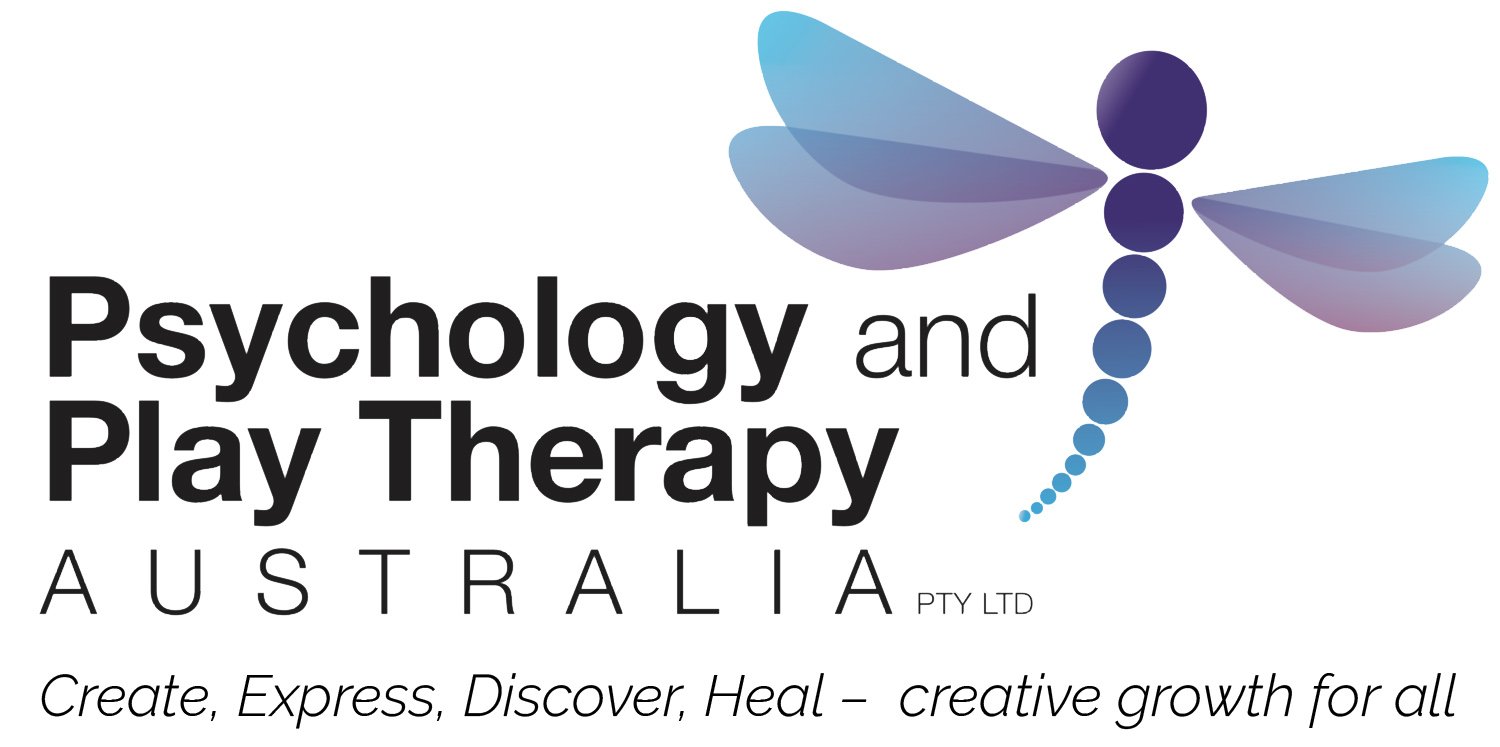As child therapists, we hold an incredibly privileged role, one that allows us to learn about children in ways other adults in their lives may not get the opportunity to.
An important theme within the work I do has been the idea of the role of a child therapist as an advocate for the child.
We don’t just ‘work with kids’. We learn what it’s like to be them. We understand their internal world and how they’ve adapted to their experiences, their environments, and - crucially - their relationships.
Unlike other adults in a child’s life, we view behaviour and emotional responses through the lens of child development and attachment. We understand that a child exists within the context of their connections - family, community, caregivers - and that their behaviours are rarely random. They are, more often than not, adaptive responses to the world around them.
This depth of understanding puts us in a unique position. It means we can advocate meaningfully for the child. Not just for behaviour management strategies or classroom adjustments, but for the whole child – grounded in their developmental stage, emotional needs, and internal reality, and that focuses on therapeutic responses and approaches.
Working directly with the child often feels like the easiest, most rewarding part of what we do. The hardest? Translating our understanding of the child’s core needs to the adults around them to allow appropriate and therapeutic response. Advocacy is a skill that requires not only insight, but confidence and support.
So, let this be a reminder: your deep understanding of the child is your anchor. Stand firm in it. Let it guide your advocacy. And when things feel foggy, come back to that knowing - it will always point you in the right direction.
